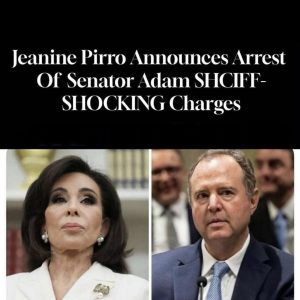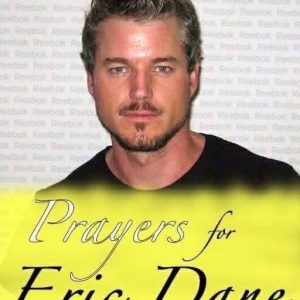President Donald Trump announced Wednesday that federal law enforcement would now shift its focus to San Francisco, calling it “a mess” and pledging to restore it as one of America’s great cities. Speaking from the Oval Office alongside FBI officials, Trump touted what he deemed success in reducing violence elsewhere, and said every city deserves safety. He cited over 23,000 arrests for violent crime since taking office—more than double the comparable number in the final year of the Biden administration.
FBI Director Kash Patel framed the effort under Operation Summer Heat, reporting that in just three months the operation made about 8,700 arrests, seized over 2,200 firearms, and confiscated large quantities of fentanyl. He also claimed that under Trump’s current term, arrests for violent felonies have surged compared to the prior administration’s averages. Patel added that the FBI has recovered thousands of missing children and escalated gang‐related and child violence enforcement.
Deputy FBI Director Dan Bongino emphasized coordination with local law enforcement in cities like New York, Tampa, and Seattle as part of the broader federal push. He highlighted joint efforts in gang arrests and drug enforcement as part of the administration’s expanded strategy to address violent crime.
The plan—while ambitious—has already drawn criticism and concern. San Francisco and state officials have pushed back, citing data showing recent declines in violent crime and cautioning about the legal boundaries of federal intervention in local policing. Some argue the move may be more political than operational, raising questions about whether the surge of federal presence will truly address root causes or merely shift enforcement dynamics.
Given the tension between local autonomy and federal crime powers, the proposed crackdown in San Francisco is likely to become a focal point for debates around policing, jurisdiction, and constitutional limits. Observers will be watching closely to see not just how many arrests are made, but whether the effort strengthens—or strains—trust between communities and law enforcement.




